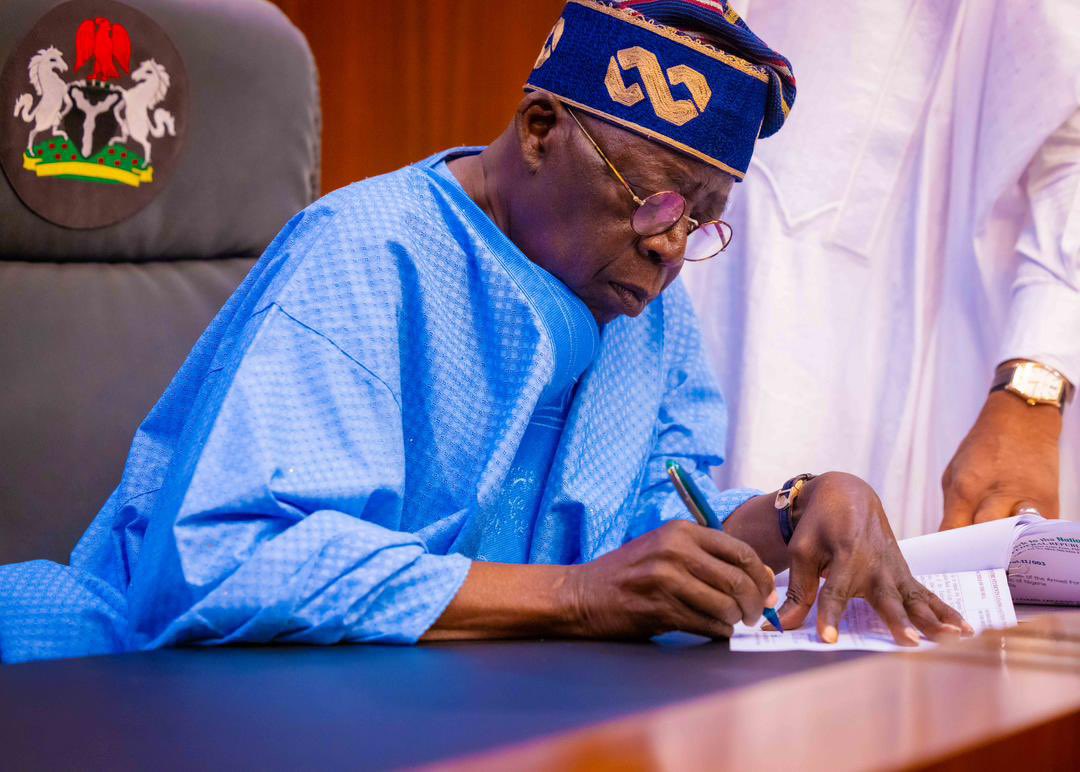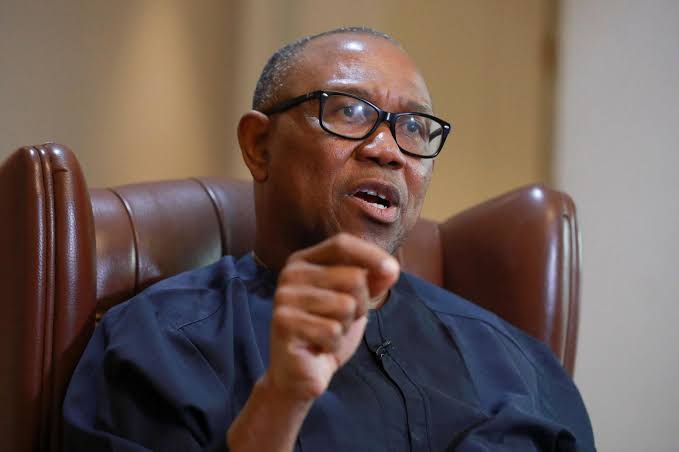
Tinubu Appoints Attahiru Jega, 554 Persons As Governing Board Members For Nigeria’s Tertiary Institutions

President Bola Tinubu has approved the appointments of new members for the governing boards of 111 Nigerian universities, polytechnics, and colleges of education.
The Federal Ministry of Education reportedly made the selection. It involved 555 nominees who would serve as Pro-chancellors/Chairmen and members of governing boards of tertiary institutions across the country.
The appointments announced via an advertorial signed by the ministry’s Permanent Secretary, Mrs Didi Esther Walson-Jack, include a chairperson and four members for each institution.
The inauguration and retreat for the Governing Councils will take place on Thursday, May 30 and Friday, May 31, 2024, at the National Universities Commission, 26 Aguiyi Ironsi Street, Maitama, Abuja. Both events will commence at 9:00 am daily, stated Walson-Jack.
President Tinubu’s Special Adviser on Information and Strategy, Bayo Onanuga, confirmed the list and clarified the process:
This is from the Federal Ministry of Education; they make the nominations and forward them to the President to sign. But they are at liberty to release it from their end.
Notable appointees include the former Chairman of the Independent National Electoral Commission (INEC), Attahiru Jega, and prominent lawyers Wole Olanipekun and Yusuf Alli. They will chair the councils for Usmanu Danfodio University, Sokoto (UDUS), University of Lagos (UNILAG), and Federal University of Agriculture, Abeokuta (FUNAAB), respectively.
Other key appointments include former Executive Secretary of the National Universities Commission (NUC), Peter Okebukola, and labour activist Issa Aremu, who will lead the councils for the University of Port Harcourt (UNIPORT) and Federal College of Education (Technical), Keana, Nasarawa State.
The announcement comes just days after the Academic Staff Union of Universities (ASUU) threatened to strike over academic-related issues, including the “illegal dissolution of governing councils of the universities”. In June 2023, Tinubu dissolved the governing councils of central government agencies and institutions, including those of tertiary institutions.
ASUU has since urged him to reinstate those whose tenures had not yet expired and to reconstitute the bodies whose members had completed their terms. Recently, the union issued a two-week request for the government to address these issues, including salary increments and using the Integrated Payroll and Personnel Information System (IPPIS) for salary payments.
The Ministry of Education responded to ASUU’s concerns by releasing a new list of council members. The appointments aim to stabilise the governance of tertiary institutions and potentially prevent the threatened industrial action. Whether ASUU will accept the new appointments is unknown.
About The Author
Related Articles
Peter Obi Joins Protest at National Assembly Over Election Reforms
Former presidential candidate Peter Obi joined protesters at the National Assembly in...
ByWest Africa WeeklyFebruary 9, 2026Manufacturers record N1.8 trillion in unsold goods
Nigeria’s manufacturing sector is facing a deepening crisis as the value of...
ByWest Africa WeeklyFebruary 9, 2026Germany, England, Nigeria Set for Beach Soccer Event in Ghana
Ghana is preparing to host an international beach soccer festival that will...
ByWest Africa WeeklyFebruary 9, 2026South East Residents Get Relief as Sit at Home Is Cancelled
Nnamdi Kanu has announced the cancellation of the long-running sit-at-home order that...
ByWest Africa WeeklyFebruary 9, 2026











